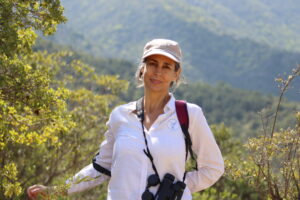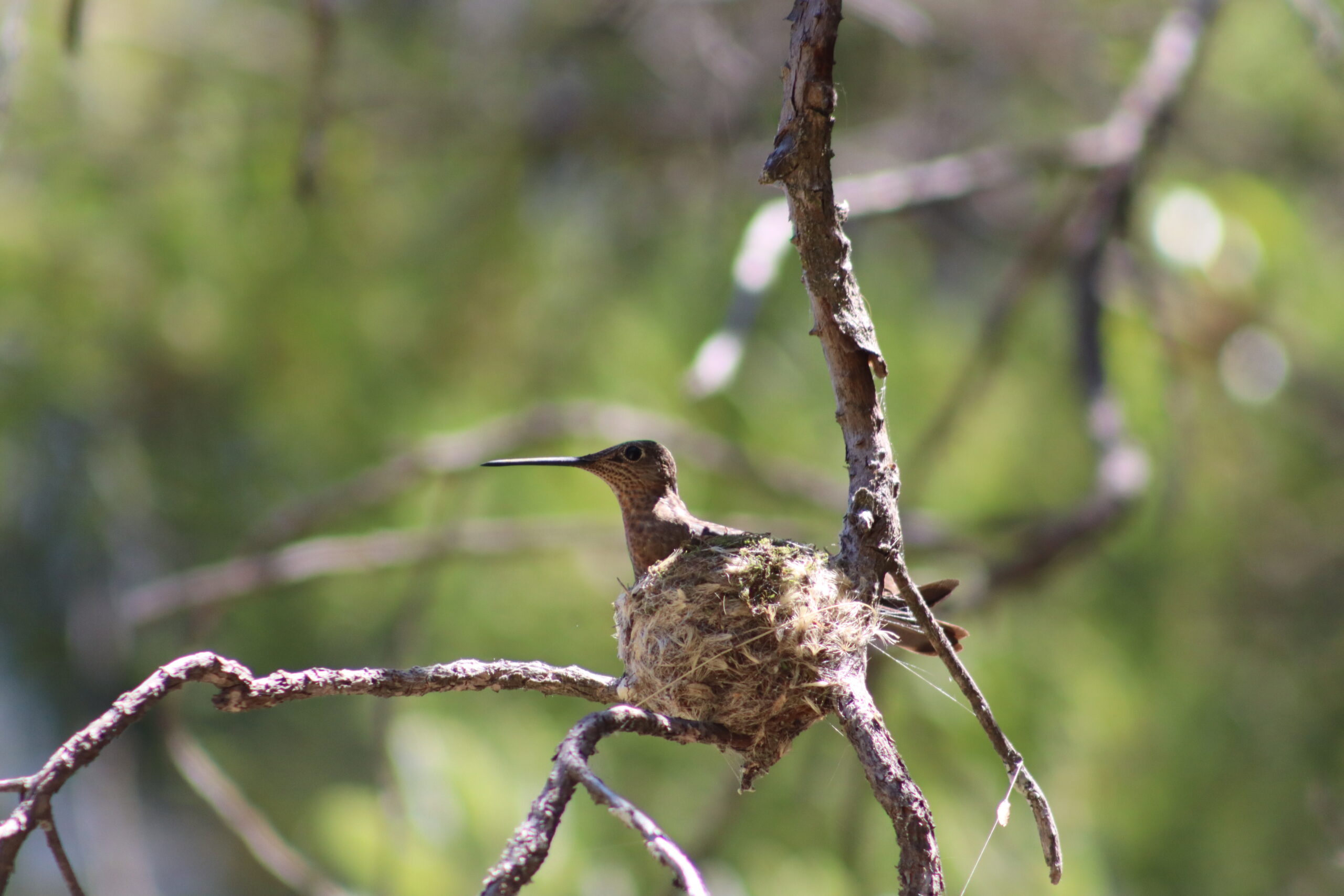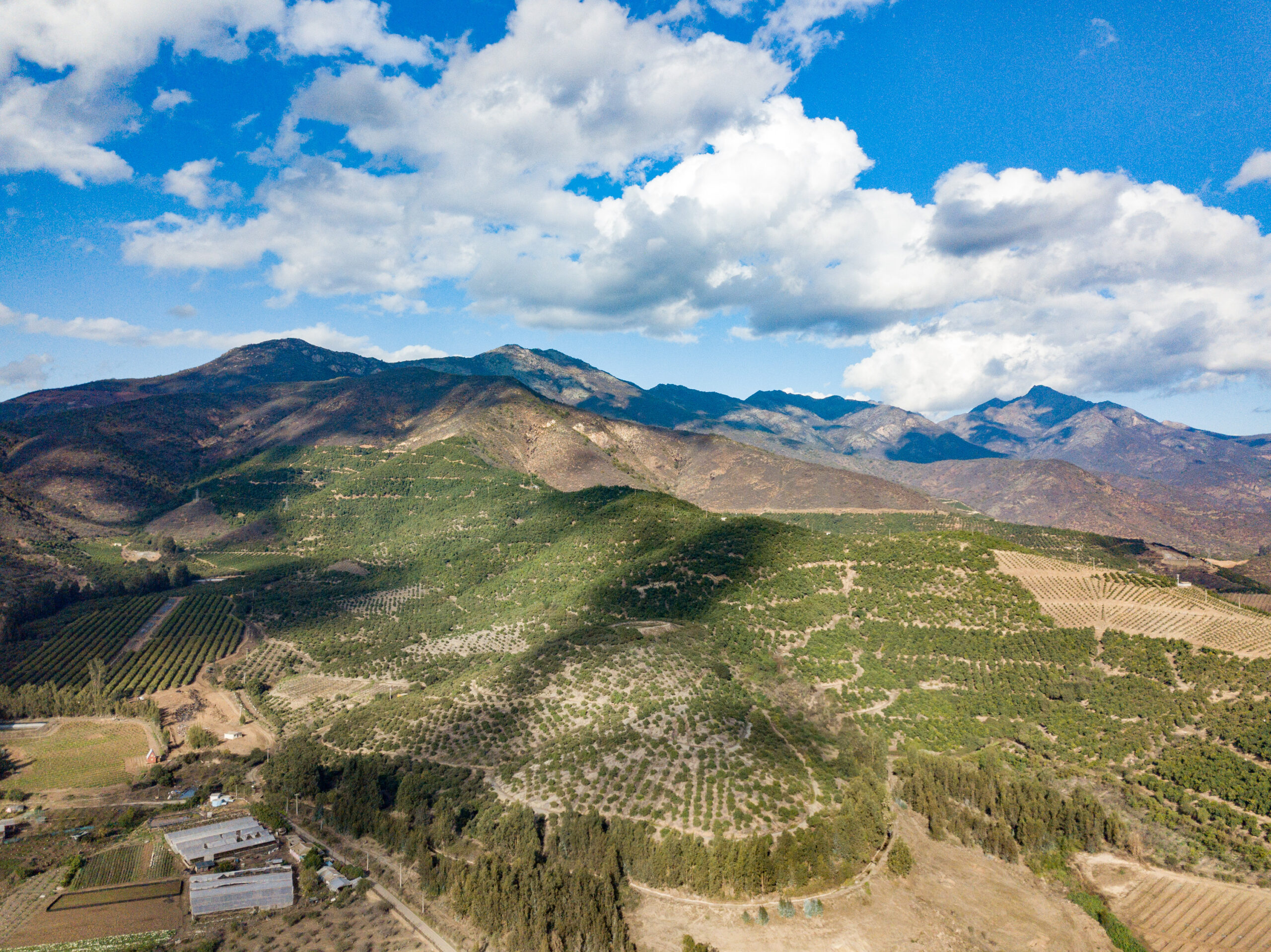Tell us about your work at Fundación Tierra Austral?
I have been connected to Fundación Tierra Austral since it started in 2012 and even before that when, as a group of conservation minded professionals, we introduced the Derecho Real de Conservación in our Chilean Congress. I was its President of the Board until 2018 and in 2019 I became the Executive Director.
Was there a critical moment that inspired you to embark on the path you’re on now?
I have always been very connected to nature. As a very shy kid, I believed that animals were my true friends. I think this very weird but powerful relationship I’ve had with nature since my childhood left me really no choice but to give back to her. I don’t feel there was just one critical moment but a very strong sense of commitment throughout my life.
What are the most exciting developments that you are seeing in conservation today? And how are they impacting climate change and biodiversity loss?
We are facing very challenging times. I am particularly excited by the real and tangible work being done by people on the ground. I believe that there has been a lot of talking but so far we’ve lacked meaningful action in addressing environmental damage and loss in key places. I have been working with young professionals that have a clear vision of the world they want to live in and I believe that is really exciting.
Can you explain the significance of the DRC and how it supports Fundación Tierra Austral achieve impact? What did the process teach you that may help others in the field?
The DRC is a legal tool to declare a private protected area. It is simple but has enormous implications because it sets up a place where conservation can happen in perpetuity. These are times when we all have to collaborate. The DRC empowers private landowners who possess valuable land that hosts amazing biodiversity, to advance effective conservation. The process taught us the value of perseverance and true commitment.
Biocultural diversity has gained wider prominence in recent years as academics, institutions, and practitioners have expanded cross-disciplinary work at the intersection of human culture and biological diversity and indeed, Tierra Austral places that at the heart of its mission. In your view, what has driven this shift?
It’s important but in my opinion, it is more than just a shift. It is the realisation of a process that has been in place forever. People and nature have a long-term relationship. It became distant and disconnected for a while and now we are realising that we need to get closer to nature again in order to stay healthy and happy. For me, biocultural diversity is people and their uniqueness living in harmony in a natural world.


